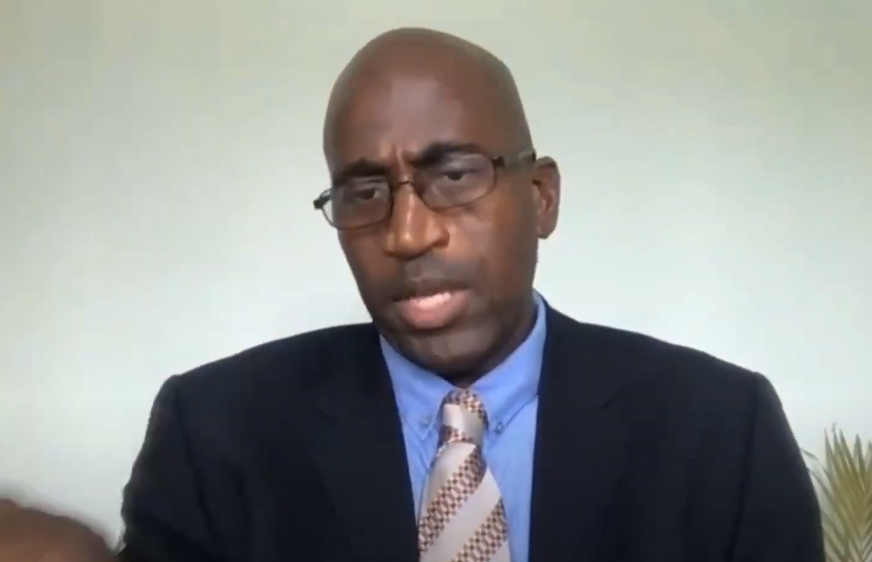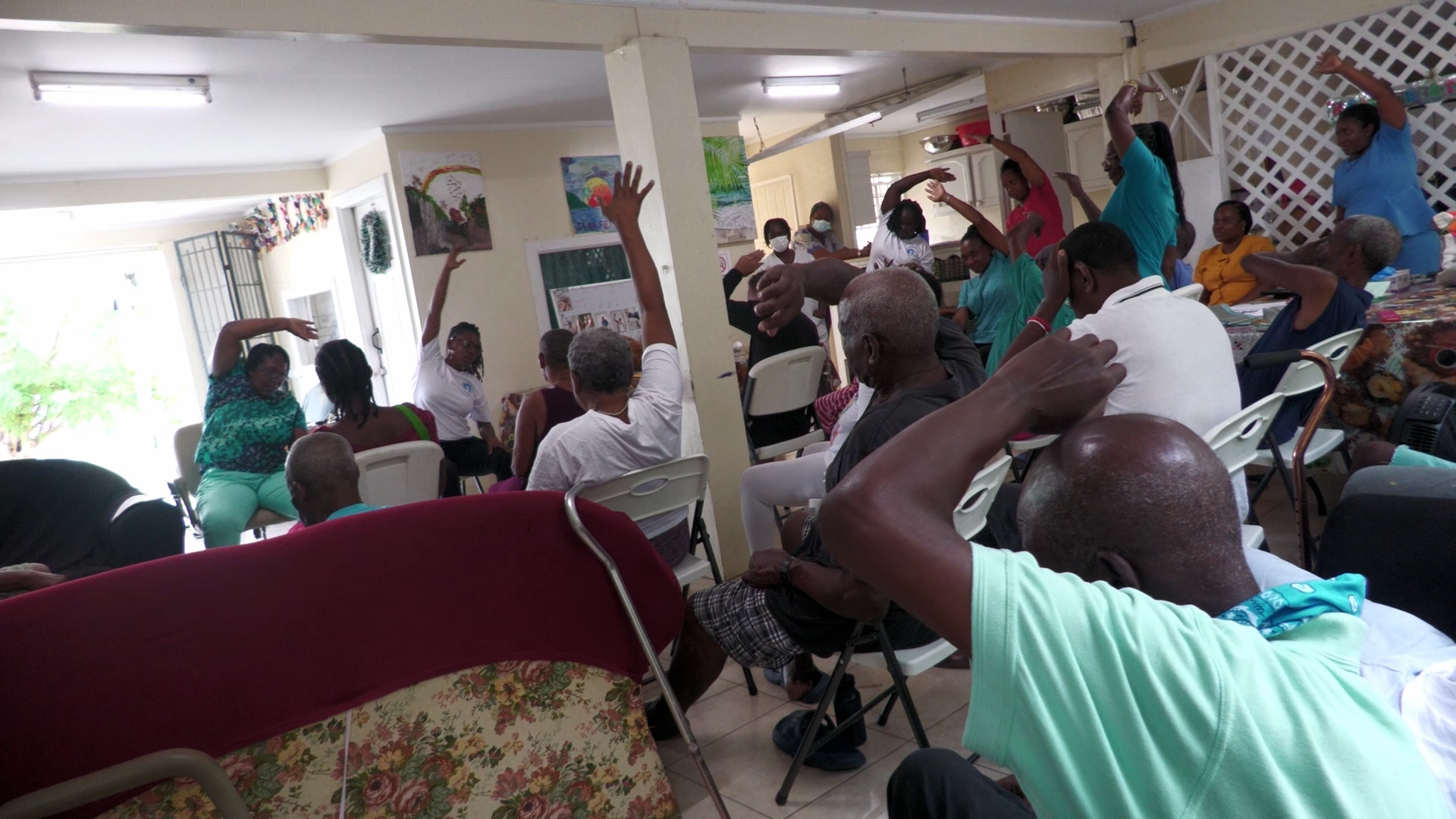ICT Expert Says Outdated Systems Put Saint Lucians at Risk as Phishing Scams Resurface
 12 April 2025
12 April 2025


As phishing scams targeting Saint Lucian bank customers resurface, a local information and communications technology (ICT) expert is raising the alarm about outdated practices that he says are putting consumers at unnecessary risk.
Consumers have taken to social media in recent weeks to report unauthorised credit and debit card transactions, sparking renewed warnings from local banks and criticism of outdated banking practices.
Last year, at least two local banks issued public alerts warning customers about phishing attempts. One such scam involved fake messages from a company calling itself Payby Technology. Customers received texts requesting a US$0.10 payment for package delivery, including a malicious link and a One-Time Password (OTP). Banks confirmed the messages were fraudulent and urged customers not to engage.
Despite the alerts, similar scams have resurfaced last week. One commercial bank reported a fresh round of phishing schemes, where fraudsters impersonate legitimate institutions to trick victims into revealing their online banking credentials.
While much of the blame has been placed on increasingly sophisticated cybercriminals, ICT consultant Dr Lyndell St Ville suggests that both banks and customers can minimise the problem.
He highlights a critical vulnerability: the way banks distribute cards. St Ville pointed out the common practice of requiring customers to sign a physical ledger that may contain personal information—including names, ID numbers and card details—of other clients collecting their cards. While banks defend the method as a record-keeping measure, Dr St Ville called for digital receipts as a safer alternative.
“This is a mess, it exposes people’s personal information to others,” he says.
Dr St Ville also warns against allowing restaurant staff or retail workers to walk away with customers’ cards to process payments.
“So, you go to a restaurant, for example, and when it is time to pay, you hand over your card to the waitress and she walks away with it to a counter or a corner to conduct the transaction. This gives that person and possibly an accomplice enough time to take note of your details and later use it to conduct transactions of their own. This should be a ‘no no’.”
Dr St Ville recommends contactless and token-based systems such as Apple Pay or Google Pay, which use encrypted codes rather than card numbers to process payments.
When suspected fraud occurs, Dr St Ville notes, replacing a compromised card in Saint Lucia is frustratingly slow. He recalls an incident where his UK-issued card was charged for a purchase in Germany while he was in Saint Lucia. The UK bank cancelled the card and issued a new one within two weeks.
However, when a similar situation occurred with a local bank, it took over a month and multiple in-person visits to receive a new card. He says he was told to visit the bank and fill out a paper form, despite his protests that an electronic process should suffice.
“In this age of technology, that sort of process needs to be simplified,” he says. “I think we are just too keen to use paper for our transactions.”
When asked if Saint Lucia is progressing toward a cashless society, Dr St Ville responds: “Probably not.”
He speculates that banks may fear de-risking penalties from international partners if they misstep.
“But having said that, we should still advance in how we make payments using electronic payments, using safe digital infrastructure to move towards a cashless society,” he says.
Dr St Ville believes Saint Lucia must move toward digital payment systems, which offer transparency and traceability that cash transactions cannot.
He says cash lets criminals obscure transactions but with digital accounts, every dollar is traceable.
“If the technology was to be deployed with proper policies and processes, we could be where we should be,” he concludes. “If we were to truly reduce the levels of crime that happen because of opportunistic theft, money laundering and card fraud, going cashless would help, but we are far behind.”




